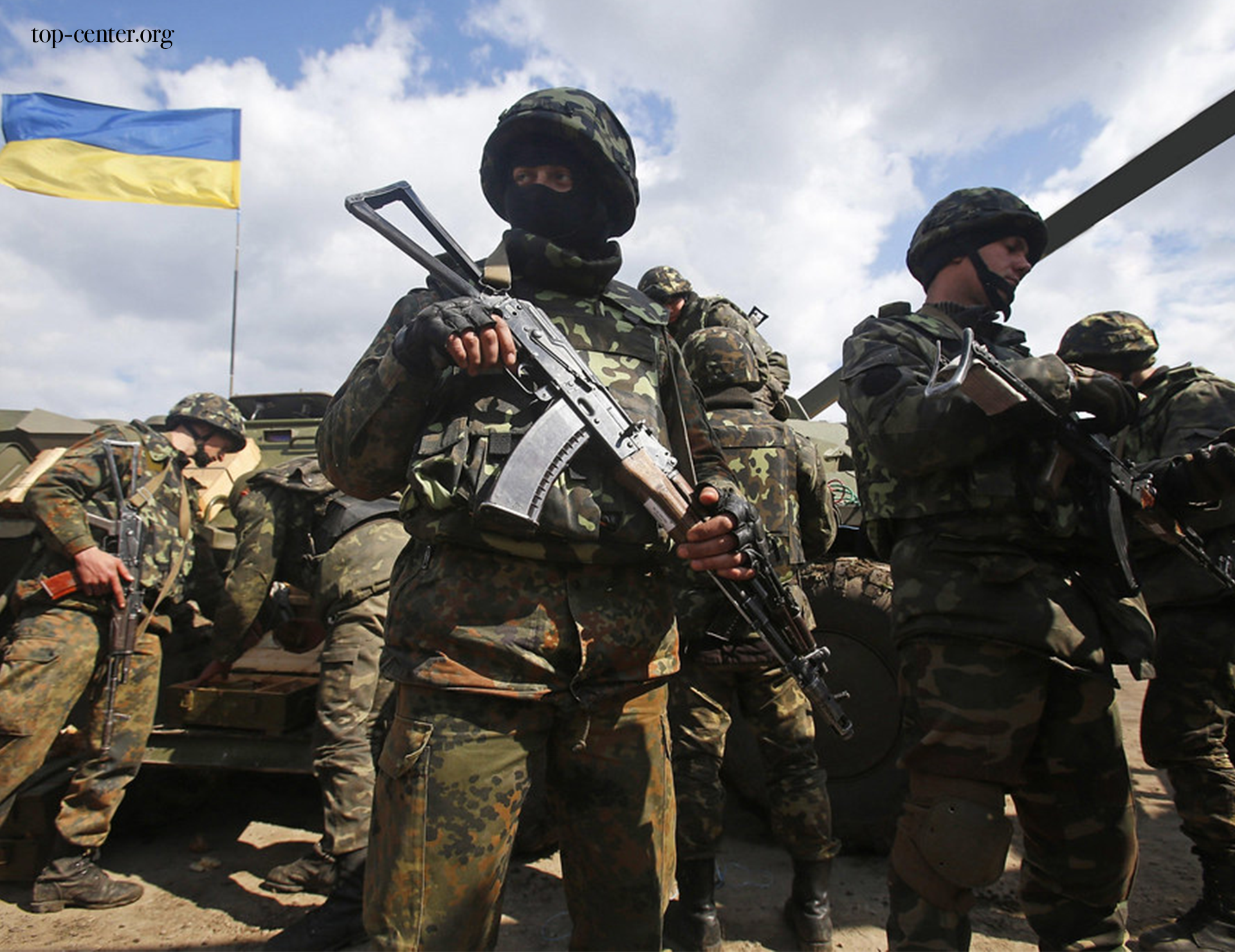Russia's ultimate motivations behind the Ukraine campaign

Now as the world politics has changed so much since the start of the conflict in Ukraine, we can better understand the complex interaction between two major motivations that pushed Moscow to start this war. One of them, a narrower one, was directly related to Russia's post-imperial complex and the feeling of existential threat posed by Ukraine's shift to the West and implied that in order to preserve itself, Russia should reverse this shift and force Kyiv to return to the "Russkiy mir"’s tight embrace. This conviction was shared by a significant part of the Russian elite, including its different factions, bringing about the phantom of a "special military operation" that was meant to ensure a quick military victory over Ukraine and re-subjugating it to Moscow's control.
However, there had been another strain of thought within Russian elite circles, a much less widespread and niche. This second type of Russian imperialism, shared by people like Dugin, is based on the messianic/globalist understanding of Moscow's interests. Its proponents, assuming the civilisational character of Russian statehood, viewed the whole post-Cold war global order as fundamentally hostile to Russian interests and identity and believed that Moscow must strive to destroy, or at least shatter, this very order in order to save its ultimate sovereignty and fulfill its mission. Just to remind: in 2011, at his philosophical/ideological summer camp Dugin staged a mystery named "Finis mundi" (End of the world) which preached the idea of burning the world for the sake of redeeming it. All this obsession with a global nuclear war, Putin's famous statement that "They (The West) will perish and we will go to the heaven" echo this worldview. However, it had remained marginal until 2022.
As the initial Russian bravado hit the wall in Ukraine and it became clear that the conquest of Kyiv or even more modest military gains are impossible, Kremlin had to face a very difficult dilemma. It couldn't continue the war as if nothing had changed since it would have only resulted in a catastrophic and humiliating defeat. However, ending it with insignificant gains, with a plethora of international sanctions and huge manpower and equipment loss would also have been perceived as a defeat. So, Moscow had to shift its tactics in this campaign towards a protracted positional war where neither side can achieve a decisive breakthrough. After having to retreat from Kherson and the occupied parts of the Kharkiv region, Russian army under the command of General Surovikin constructed tremendous defensive lines along the Ukrainian frontline, managing to stabilize it more or less. These lines proved a crucial role in absorbing the major effort of the Ukrainian counteroffensive this summer, which has this far failed to bring significant achievements for Ukraine and threatens to exhaust the Western aid capacities.
But this tactics, while quite rational, lacked a broader justification in terms of Russian strategic interests. In their pursuit, Kremlin turned to people like Dugin (not necessarily him personally- his ideas had already entered the minds of a number of Russian strategists). The idea was very original and unconventional: by prolonging and intensifying the war, Moscow aims at forcing the West to strain all its resources in the effort to help Ukraine, thus causing significant economic problems and potentially a popular backlash in the Western countries (especially Europe) against this unprecedented support. In fact, we have been recently witnessing certain signs of these processes: Poland has recently pledged to cease military aid to Ukraine, while in a number of countries parties that criticize the scale of Western support, are gaining ground; in Slovakia, the like-minded party is about to form a governing coalition. Other expected effects of this strategy included triggering new migration crises, exploiting global economic and logistical disruptions stemming from anti-Russian sanctions, as well as deep-seated systemic inequalities and resentment in the non-Western world, or so-called "Global South", fomenting something like a global rebellion against the West. And by de-facto normalising the very idea of a conventional war and annexations, Russia may have hoped to triggers a chain reaction in the world that would cause the conflagration and intensification of various frozen and unresolved conflicts. The cumulative effect of all these processes, in the final calculation, was to put down the global order- or at least hurt its major beneficiaries to such an extent that they would have to accept Russia's conditions and hand it what Moscow believed to be its due- the superpower status. And judging by what we are seeing now, these calculations may not have been so wrong, in the end.







